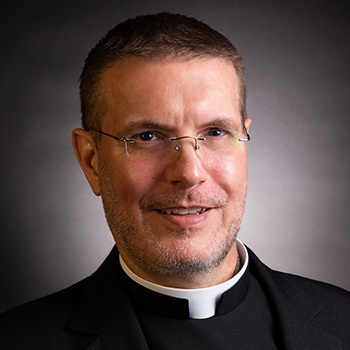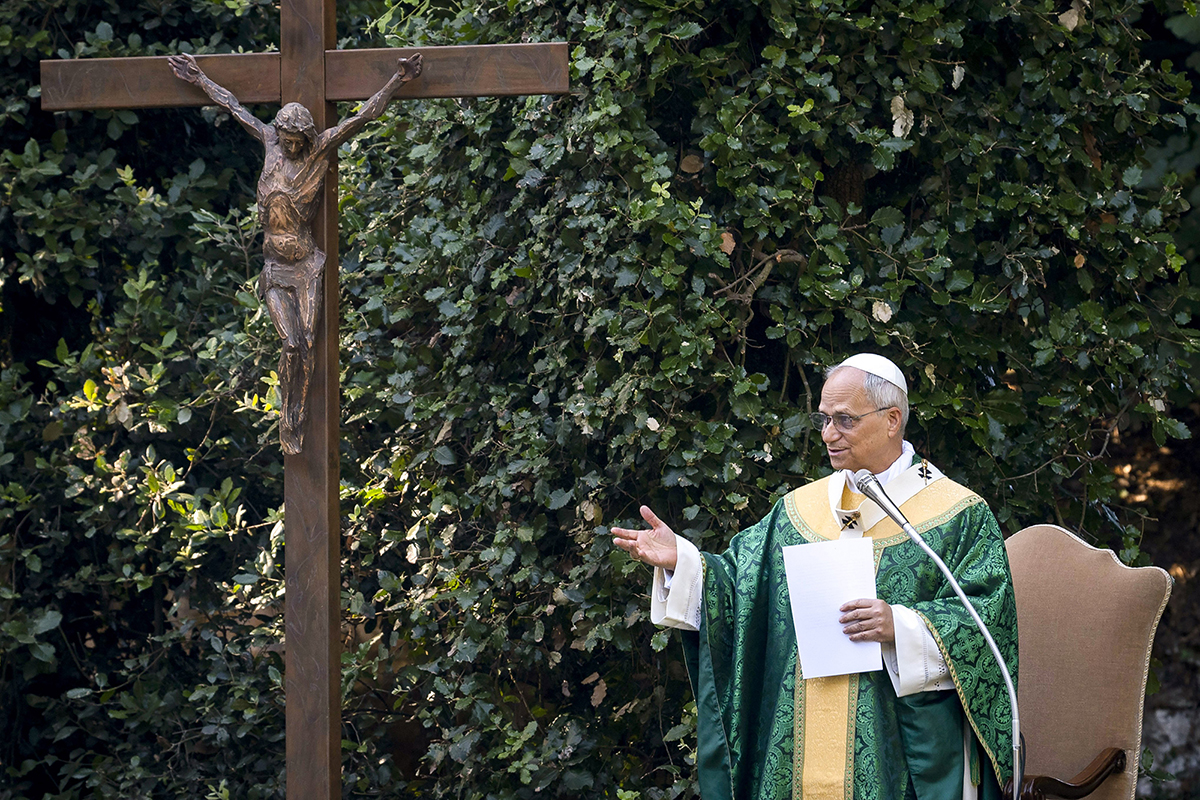DEAR FATHER | An ongoing commitment to be a Church that listens as well as teaches
What is the point of the Synod on Synodality? What is Pope Francis trying to do?

First and foremost, the Synod on Synodality is a continuation of a longstanding practice. The Church has always been synodal, all the way back to the New Testament period. Just one example: The question as to whether Gentile converts to Christianity should be required to undergo circumcision and follow Mosaic law. To resolve this matter, a meeting was held in Jerusalem and a prolonged debate ensued. Some of the Pharisee believers insisted that circumcision was necessary in order to receive baptism. Peter responded by pointing out that God makes no distinction between Jews and Gentiles, and Paul and Barnabas shared all that God had accomplished in their missionary journeys. After much prayer, the apostles decided against requiring circumcision and adherence to Mosaic law: “Then the apostles and presbyters, in agreement with the whole Church, decided to choose representatives to send to Antioch with Paul and Barnabas,” along with a letter summarizing their decision (Acts 15: 22-29).
The above is a perfect example of synodality. A question arose and the community gathered to address it. Everyone had the opportunity to share their experiences and their concerns. The final decision was made by the apostles, but only after extensive consultation and discernment. Had they not been willing to listen to all points of view, prayerful discernment would have been impossible.
In that context, the Synod on Synodality is nothing new. Throughout history there have been hundreds of Church councils and synods. What is different, however, is how the current Synod on Synodality is being conducted. Pope Francis has asked bishops throughout the world to hold gatherings to listen to the concerns of their people, especially the ones who feel marginalized within the Church. None of this means there will be a change in moral teaching or doctrine, but by listening to the People of God, the Church will be more welcoming and inclusive in pastoral practice. Dialogue is a necessary component of any faith community. Pope Francis has repeatedly stated that the Synod on Synodality won’t be a one-time event, but an ongoing commitment to be a Church that not only teaches, but also listens.
Here in the Archdiocese of St. Louis the All Things New process is a great example of synodality in practice. Every member of the archdiocese and every parish has had multiple opportunities to share their vision of discipleship, evangelization and what needs to happen in order to plan for our future. The final decisions will be made by Archbishop Mitchell Rozanski, but only after extensive consultation and prayerful discernment. That is what it means to be a synodal Church.
Father Scott Jones is pastor of Sts. Teresa and Bridget Parish in St. Louis.
First and foremost, the Synod on Synodality is a continuation of a longstanding practice. The Church has always been synodal, all the way back to the New Testament period. Just … DEAR FATHER | An ongoing commitment to be a Church that listens as well as teaches
Subscribe to Read All St. Louis Review Stories
All readers receive 5 stories to read free per month. After that, readers will need to be logged in.
If you are currently receive the St. Louis Review at your home or office, please send your name and address (and subscriber id if you know it) to subscriptions@stlouisreview.com to get your login information.
If you are not currently a subscriber to the St. Louis Review, please contact subscriptions@stlouisreview.com for information on how to subscribe.




